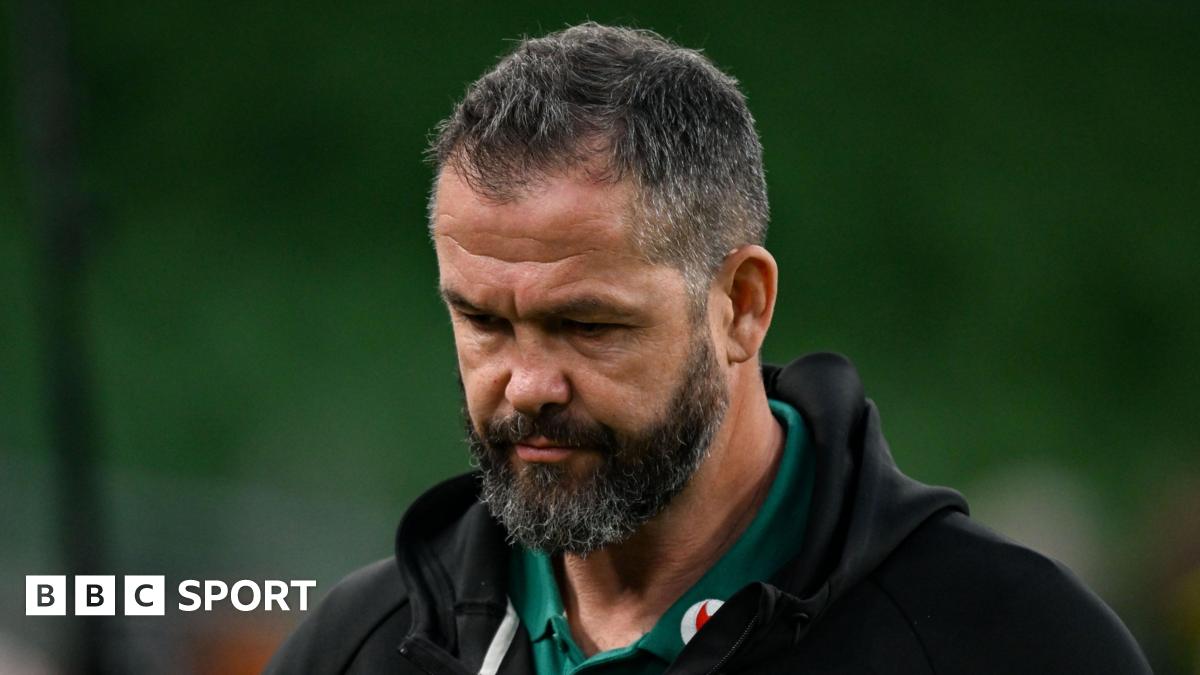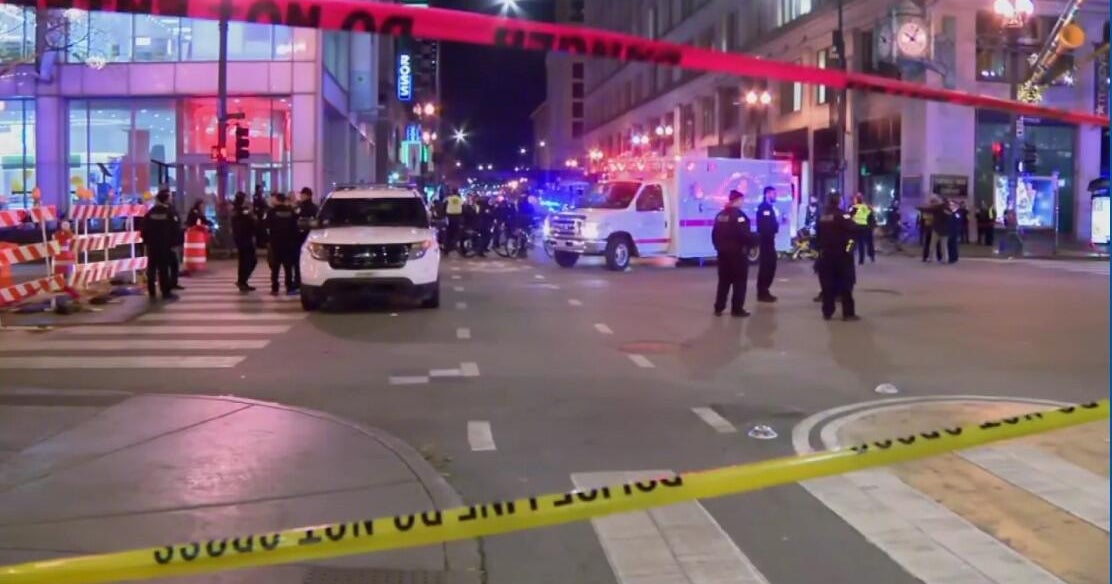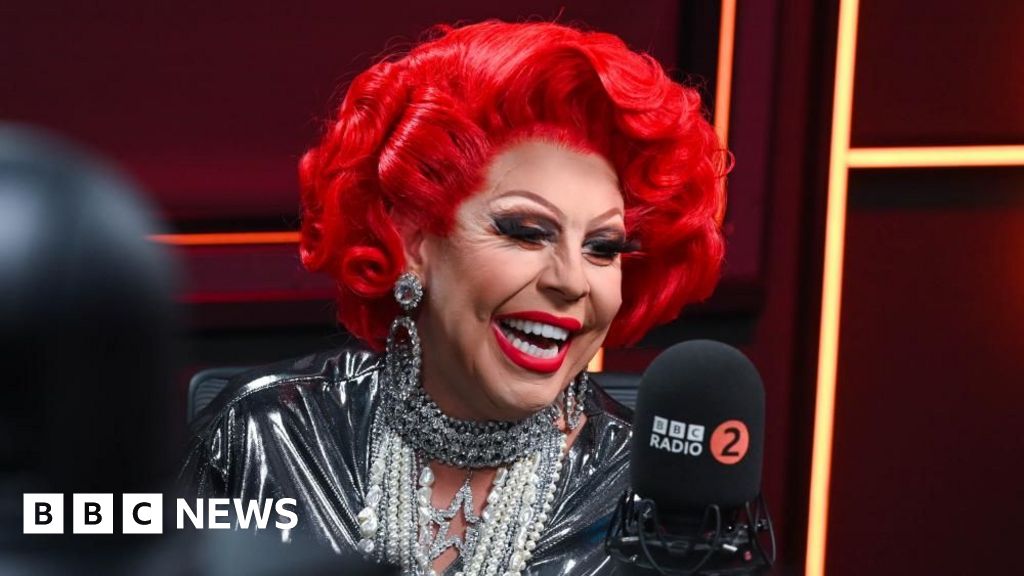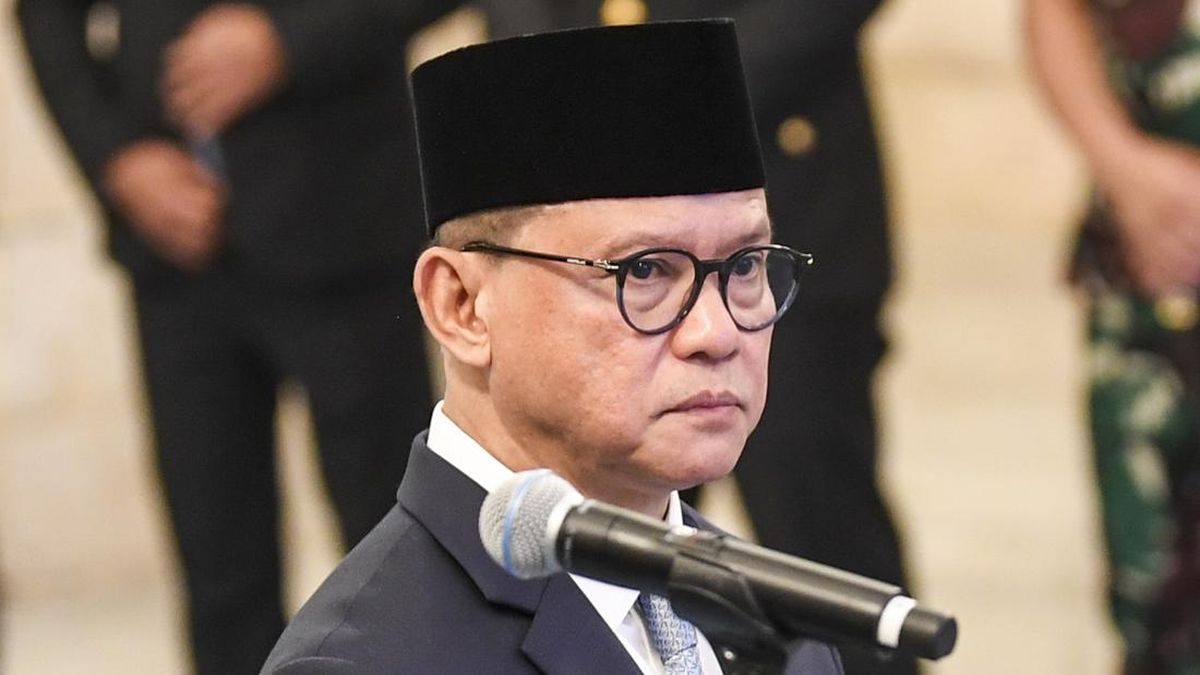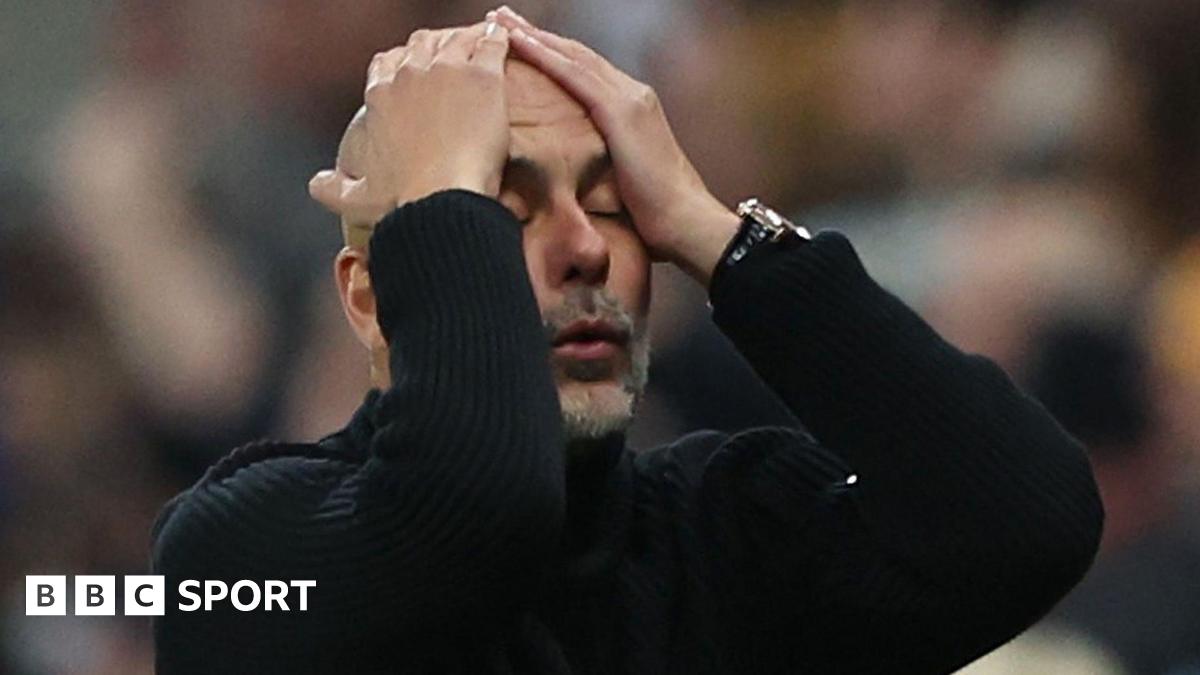“For us, partnering with Flight Centre, with Cross, with ELLE, and we’ve also now partnered with Colliers, we’ve been instrumental in driving those expectations to the investor,” Egan says. “We’ve created new products that weren’t traditionally open to the smaller investor.”
ELLE comes on board
This convergence of lifestyle, branding, and hospitality is also drawing the attention of global names in media and design. Among them is ELLE – a brand better known for its fashion titles but now expanding into immersive hospitality, with its new resort and beach club concept launching in Bali.
François Coruzzi, chief executive of ELLE International Licenses, says the move into lifestyle-led accommodation is a natural extension of the brand’s global identity.
“As you might know, ELLE is much more than a magazine,” says Coruzzi.
“It is the most powerful fashion and lifestyle media brand worldwide, with 50 editions of ELLE and 25 editions of ELLE DECORATION, and product collections across more than 80 countries.”
Coruzzi says the brand’s foray into real estate and hospitality is not about leveraging a name, but creating meaningful new ways for people to engage with the ELLE identity.
“ELLE is not just a media icon. It is a lifestyle brand, with deep roots in fashion, beauty, and increasingly, in new areas such as branded real estate and hospitality, with an affordable luxury positioning.”
The company’s first step into accommodation came with a boutique hotel in Paris, followed by a second in Amsterdam.
“That project of urban boutique-hotel proved what we had long believed: as a global lifestyle brand, ELLE has the power to offer guests more than a place to stay; it offers a lifestyle to experience in new and immersive ways,” Coruzzi says.
Building on this success, ELLE is now launching the ELLE Resort & Beach Club in Bali – a destination that blends fashion-led design with hospitality to offer emotionally immersive spaces that reflect the bold, creative DNA of the ELLE brand.
“By blending fashion-led design with hospitality, we aim to create emotionally immersive spaces – destinations that reflect the bold, creative DNA of the ELLE brand and elevate every moment of the guest experience,” Coruzzi explains.
The ELLE Resort & Beach Club promises to redefine the luxury travel experience in Bali. With 170 branded suites, the beachfront location offers unparalleled access to the island’s natural beauty. The resort will feature an extensive beach club, VIP lounges, multiple restaurants, fitness centres, and curated wellness areas – providing an all-in-one immersive experience.
“We’ve collaborated with leading design and hospitality consultants to ensure that every element of the resort reflects the ELLE brand ethos while remaining grounded in local relevance and guest-centric innovation,” Coruzzi says.
Fractional ownership
Another feature of the emerging investment model is fractional ownership – where buyers purchase a portion of a managed property and receive a share of income and usage rights. These projects typically operate under long-term leases, with management, operations, and amenities handled by professional operators.
While financial outcomes aren’t guaranteed, some investors see these models as a more accessible way to engage in professionally managed property. Egan says a key draw is that “a fractional investor enjoys the same benefits as a larger investor”.
The ELLE project, for example, offers what he describes as a generational product, with a 50-year lease.
“Most of our investors are 40, 45, 50. They’ve done well in Australian property investment and they’re using that capital growth to participate in offshore developments,” says Egan.
Why branded hotels? The attraction for Australian investors
For many investors the appeal of branded hotels lies not just in access but in the credibility and reach of the companies involved.
“These hotels are going to be in the Flight Centre bricks-and-mortar venues all over Australia,” Egan says. “So there’s a lot of confidence that comes from that.”
The rise of branded resorts in Bali places a strong emphasis on lifestyle. New developments feature luxury accommodations but also a full range of amenities, including restaurants and lounges, boutique retail spaces, and beauty or wellness experiences.
“There’s so much to do within these resorts, from fitness and wellness to food, beverages, and shopping. Guests can immerse themselves in an experience, while investors can benefit from both room revenue and operational income,” Egan says.
He says the rise of branded resorts is resonating with Australians who are priced out of domestic markets but still want to participate in the property space.
“Nearly half of Australian homes now are over a million dollars,” he says. “That affordability gap – it just gets worse quarter by quarter.”
Against that backdrop, interest in these newer models has surged. “The uptake in Australian investors has already been incredible,” he says.
Professional oversight has become increasingly important. “With Colliers as our construction management company, we’re also ensuring that we bring those building standards into those lease terms as well.”
The future of Bali’s hospitality investment landscape
Looking ahead, Egan says more projects are in the pipeline, with Asia-Pacific cities like Tokyo, Jakarta, and Bangkok being explored for future developments.
“This is going to be the first of a series of international investments that we’re looking at with the brand partners together,” he says.
As Bali continues to see an influx of international visitors, including Australians, the landscape for hospitality investment is being reshaped. Through fractional ownership and partnerships with internationally recognised brands like ELLE, investors are being offered an exciting opportunity to enter a market that blends luxury, lifestyle, and high-yield returns.
To find out more, please visit Geonet.



